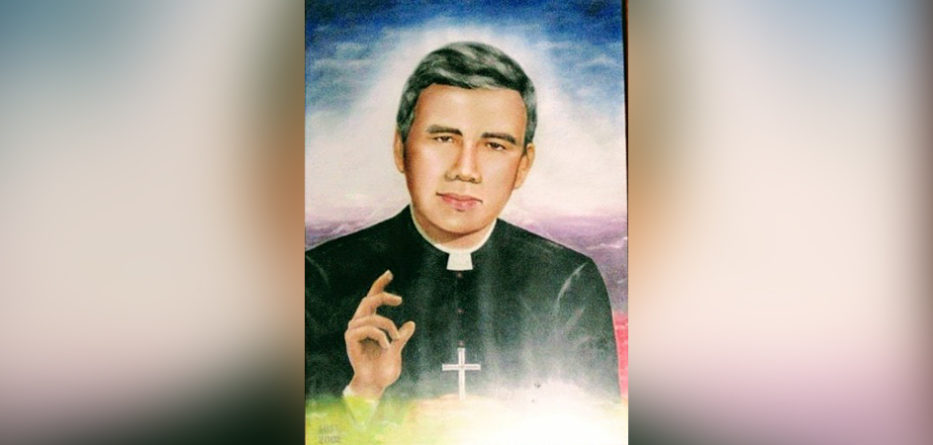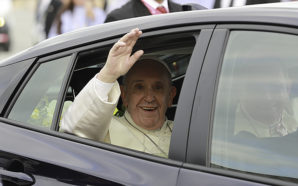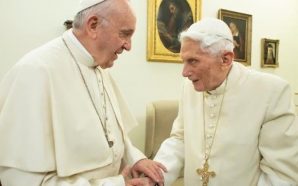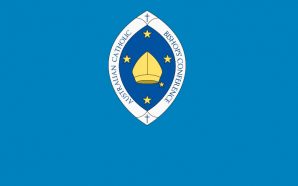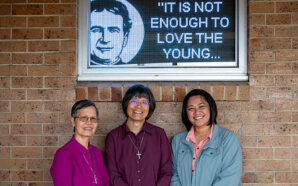Rutilio Grande, S.J., and his two traveling companions, 15-year-old Nelson Rutilio Lemus and 72-year-old Manuel Solórzano, had been driving to the small town of El Paisnal in El Salvador to celebrate the novena for the town’s patronal feast of St. Joseph when they were gunned down on the road on March 12, 1977, in Aguilares, El Salvador. Decades after the murders, the Vatican announced on Feb. 22, 2021, that it would recognize the three as martyrs.
The news of Father Grande’s beatification was welcomed by many Salvadorans, who claim Father Grande as one of their own. Outside of El Salvador, Father Grande is primarily remembered as a close friend of Archbishop Oscar Romero. Often overlooked is the fact that at the outset of the civil war in El Salvador, Father Grande was the first priest killed. Indeed, he was the first-born of the martyrs of this new era. His prophetic stance and his solidarity with the poor of his native country led directly to his death. His influence on the church of El Salvador and those who followed him on the road to martyrdom merits profound consideration.
What precisely can be learned from how Rutilio Grande, S.J., lived his life? What might it inspire us to do with our own lives?
Father Grande’s personal contributions to the poor of his beloved country, his commitment to the church and the Jesuit community, his love for the people that he generously served, his love for his many friends and family all resonate in the commitment that led to his martyrdom.
To continue reading Ana María Pineda’s article, click here.
Ana María Pineda, R.S.M., is an associate professor of religious studies at Santa Clara University. A native of El Salvador, she is the past president of the Academy of Catholic Hispanic Theologians in the United States. Her latest book, Rutilio Grande, Memory and Legacy of a Jesuit Martyr, was published in January.
With thanks to Ana María Pineda, R.S.M. and America magazine, where this article originally appeared.




